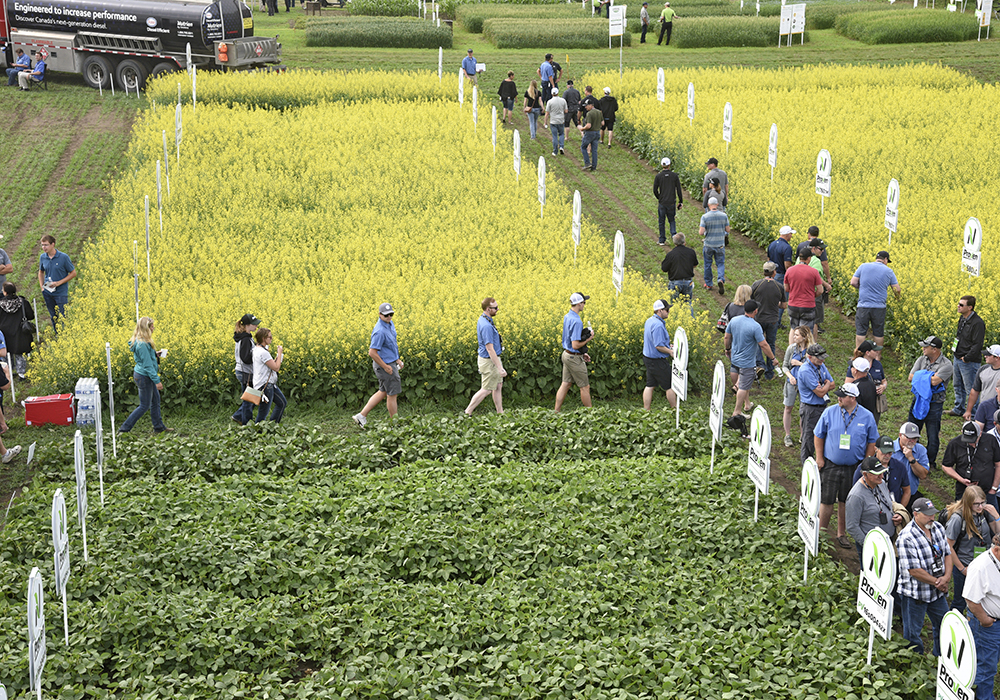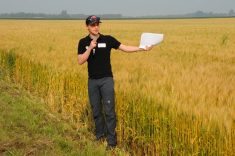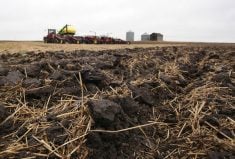Difficulties have been reported finding matching federal funding for research projects that address significant problems in crop production
OTTAWA — The federal government is like a cyclops with a giant blind spot when it comes to research funding, farm organizations, researchers and the agriculture industry have found.
Agronomic crop research is a key way to improve agricultural sustainability and reduce carbon emissions but if such research isn’t related to climate change, the government won’t fund it.
Other stories in this Special Report:
- Research dilemma: crops or climate?
- Research priorities breed frustration, confusion
- Ottawa’s approach to ag research called ‘narrow-minded’
- Emissions focus worries ag sector
- More clarity urged for ag research requests
“The people that are working on these issues don’t understand the system nature, this interconnection of disease issues and climate change and resilience, and getting to a good outcome at the end of the day is almost impossible,” said Tyler McCann, managing director of the Canadian Agri-Food Policy Institute, in an interview.
Read Also

New coal mine proposal met with old concerns
A smaller version of the previously rejected Grassy Mountain coal mine project in Crowsnest Pass is back on the table, and the Livingstone Landowners Group continues to voice concerns about the environmental risks.
Researchers and farm organizations have been vexed when trying to get matching federal funding for research projects that will challenge significant problems in crop production.
Root rot diseases in pulse crops are one example. Researchers have been told that crop resiliency and efficiency aren’t climate change related, in the government’s view.
That clashes with one of the prime ways that western Canadian crop farming could greatly reduce greenhouse gas emissions — by increasing the proportion of nitrogen-fixing pulse crops in the average farmer’s rotation.
University of Manitoba soil sciences professor Mario Tenuta has told many farm meetings across the Prairies that the single most effective means of slashing carbon emissions from crop farming would be to boost the role of pulse crops.
“One of the best things we could do for the sustainability of western Canadian agriculture is deal with aphanomyces resistance, but the government doesn’t see that as a climate change issue,” said McCann.
According to farm organization and research leaders who have repeatedly made this point when talking with Agriculture Canada research officials, crop development doesn’t fit the definition for climate change related research, so it can’t access money for which that is a requirement.
When challenged on this, agriculture department officials have suggested the environment and finance departments set the rules within government, and have not been open to the idea of basic agronomic research as an aid to reduce climate change.


















